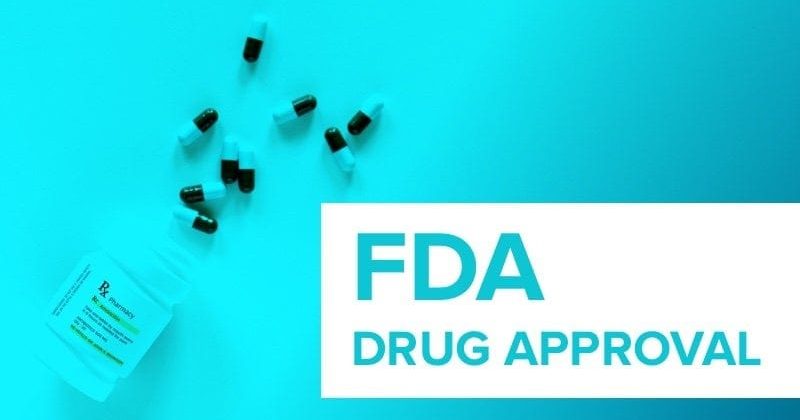The US Food and Drug Administration (FDA) has approved an additional indication for abaloparatide (Tymlos) to increase bone density in men with osteoporosis at high risk for fracture, or in male patients who are intolerant to other available osteoporosis therapy or in whom such therapy has failed, Radius Health has announced.
High risk for fracture is defined as a history of osteoporotic fracture or multiple risk factors for fracture.
Abaloparatide was approved by the FDA in 2017 for the treatment of postmenopausal women at high risk for fracture due to a history of osteoporotic fracture or multiple fracture risk factors, or who hadn’t responded to or were intolerant of other osteoporosis therapies.
The approval in men is based on results from the Abaloparatide for the Treatment of Men With Osteoporosis (ATOM) randomized, double-blind, placebo-controlled, phase 3 study, reported at the American Association of Clinical Endocrinology meeting in May.
At the time, presenter Neil Binkley, MD, of the University of Wisconsin School of Medicine and Public Health Madison, told Medscape Medical News, “Osteoporosis is underdiagnosed in men. Abaloparatide is another option for an ignored population.”
Abaloparatide — a parathyroid-hormone–related protein (PTHrP) analog — administered as a subcutaneous 80-μg injection daily for 12 months resulted in significant increases in bone mineral density at the lumbar spine, total hip, and femoral neck compared with placebo in men with osteoporosis, with no significant adverse effects, in ATOM.
In a company press release, Bruce Mitlak, MD, chief medical officer of Radius, said, “30% of all hip fractures occur in men and approximately 25% of men over the age of 50 years will sustain an osteoporotic-related fracture. Additionally, while the overall prevalence of fragility fractures is higher in women, men generally have higher rates of fracture-related mortality,”
Binkley has reported receiving consulting fees from Amgen and research support from Radius.
For more diabetes and endocrinology news, follow us on Twitter and Facebook
Follow Medscape on Facebook, Twitter, Instagram, and YouTube
Source: Read Full Article
